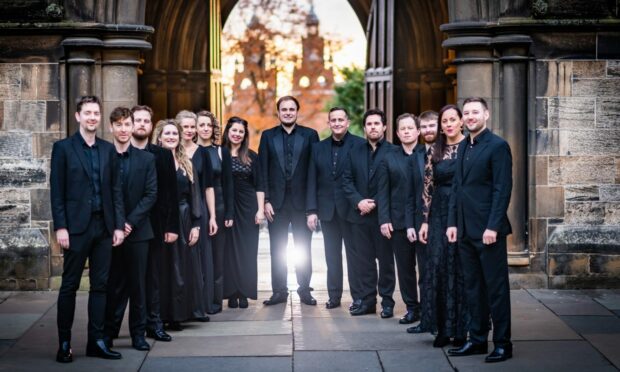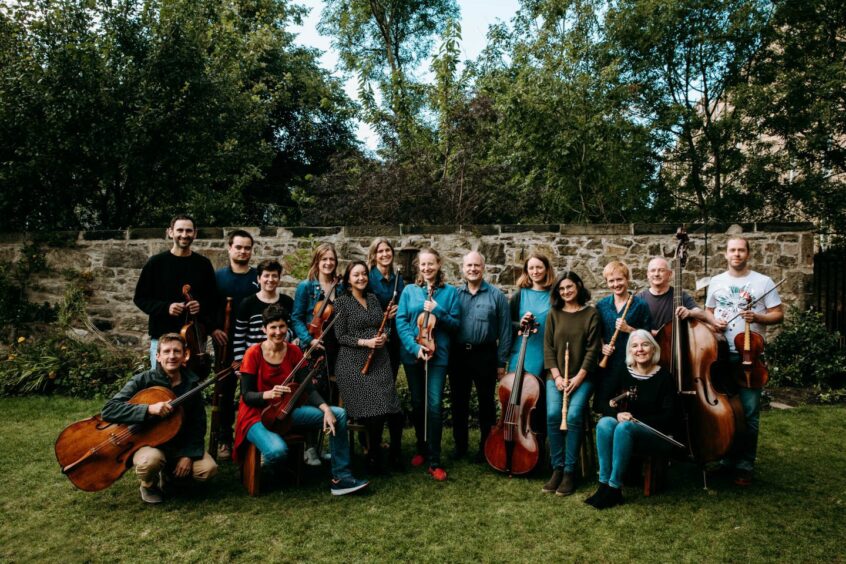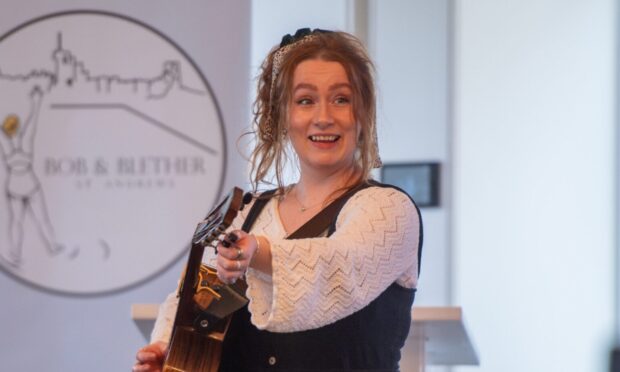If you’re trapped in the operatic world of the P, V, W and R scene (Puccini, Verdi, Wagner and Rossini), can I suggest you add an H to the formula?
Handel might be, and perhaps rightly so, more famous for his oratorios, but his operatic works – of which there are over 40 – need some investigation.
And who better to conduct that investigation than John Butt and his wonderful Dunedin Consort.
In brilliant operatic form
Previous experiences with this ensemble have restricted me to Bach’s Passions and cantatas or Handel’s oratorios.
As performers of music from these masters and their contemporaries, they are second to none, but to see them move from the ecclesiastical form to the operatic medium gains another insight into them.
One of the best in the Baroque business? You bet!
Their chosen work on Wednesday night in the Perth Concert Hall was Handel’s last and probably most popular opera, Acis and Galatea.
A love story in a nutshell
The beauty of this work is its simplicity. That, and some wonderful scoring both vocally and instrumentally. A (Galatea) loves B (Acis), their feelings reciprocated, with a jealous C (Polyphemus) the “baddie”, out to thwart the lovers once and for all.
It’s a story in a nutshell, but what an exquisite nutshell it is! And unlike most operas there is a happy ending. Well, sort of.
Acis meets his fate at the hand of Polyphemus, but Acis uses her powers to turn her dead lover into an ever-flowing fountain. Such things did happen in Roman mythology!
A trio of class acts
The action – if you can call a performance without scenery or costume that – is swift and fast-flowing, with the three protagonists delivering wonderful arias or recitative with polished excellence,
You’d be hard-pushed to pick a favourite out of Rachel Redmond, Nicholas Mulroy and Christopher Purves, a trio of class acts.
Not to be outdone were the cameos of Damon and Corridon, played in turn by Anthony Gregory and Nicholas Scott.
Two arias stood out, for their familiarity if nothing else. Rachel’s Hush Ye Pretty Warbling Quire and the Love Sounds the Alarm, by Nicholas.
Superb vocals, excellent orchestra
The performance was vocally superb, but conductor John Butt’s small orchestra deserve equal plaudits.
Again, this was team work at its best, ten superb musicians who were perfectly at home in the outrageous exposure Handel’s music dictates.
The opera’s theme leans heavily on a pastoral theme, manifested particularly on the recorder playing of Frances Norbury.
It’s a pity such a small audience witnessed such a marvellous performance.
Maybe this sort of opera isn’t everybody’s cup of tea, but once you get a taste of it – and I urge you to do so at the earliest opportunity – you’ll never tire of it, especially if it’s delivered with the style of the Dunedin Consort.











